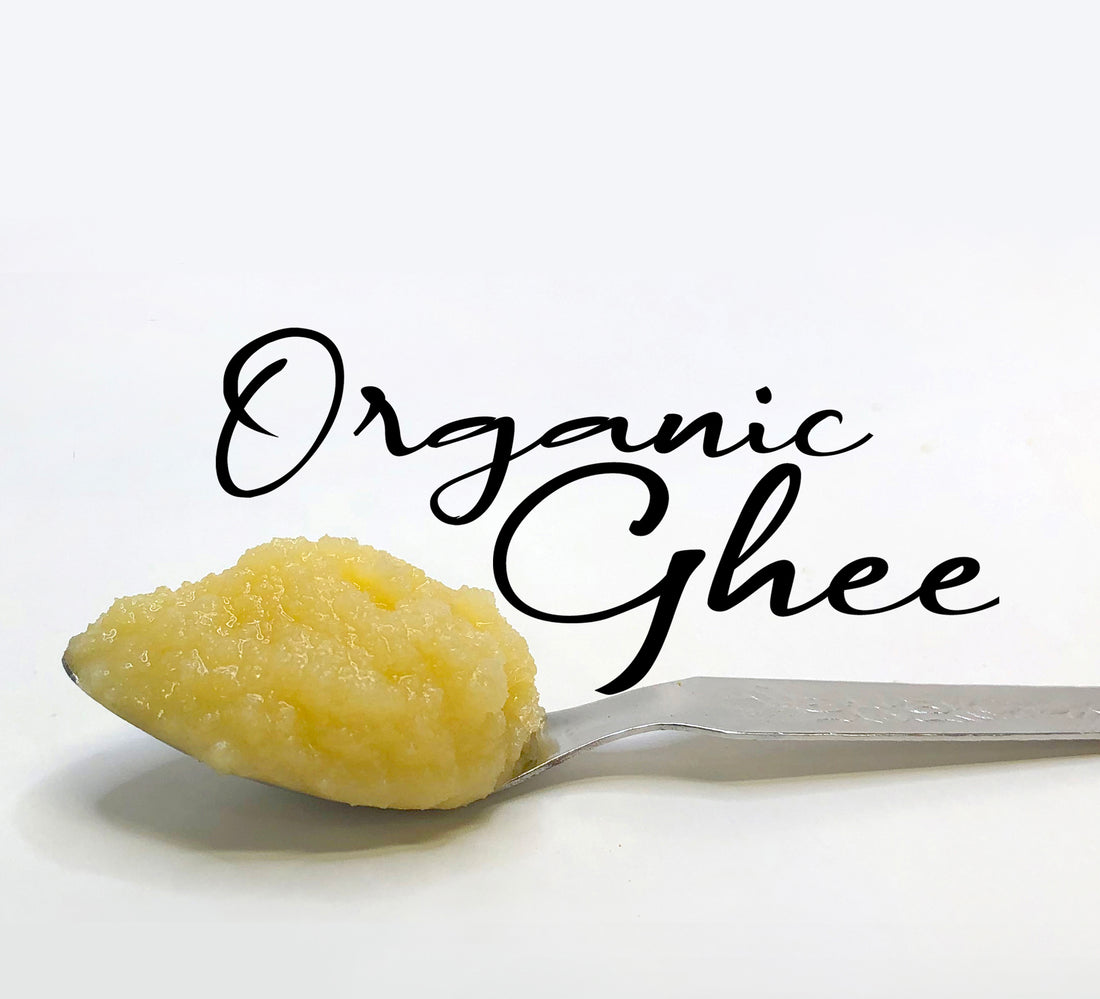In recent years, a new player has emerged in the world of culinary delights: ghee. Although ghee has been a staple in Indian cuisine for centuries, it has gained widespread popularity and recognition in Western cultures as a healthier and flavorful alternative to butter. Derived from butter, ghee offers a unique taste, aroma, and numerous health benefits, making it a versatile ingredient in both traditional and modern cooking.
Ghee, also known as clarified butter, is obtained by simmering butter until the milk solids separate and are removed, leaving behind a rich golden liquid. This process not only intensifies the flavor but also gives ghee a higher smoke point, making it suitable for high-heat cooking methods like frying and sautéing. With its distinctive nutty and buttery taste, ghee adds depth and richness to a wide variety of dishes, from curries and lentils to baked goods and even bulletproof coffee.
One of the key reasons behind ghee's popularity is its health benefits. Unlike butter, ghee is lactose-free and often better tolerated by individuals with dairy sensitivities. Ghee is also free from casein and whey, two proteins commonly found in butter that can cause allergies. Furthermore, the process of clarifying butter removes impurities and moisture, resulting in a product with a longer shelf life. Ghee is rich in fat-soluble vitamins such as A, D, E, and K, and contains beneficial compounds like butyric acid, which is believed to have anti-inflammatory properties.
Benefits
Ghee offers a range of benefits that have contributed to its popularity as a healthier alternative to butter. Here are some of the key benefits of incorporating ghee into your diet:

High Smoke Point
Ghee has a higher smoke point than butter, which means it can withstand higher temperatures without breaking down and producing harmful compounds. This makes it ideal for sautéing, frying, and deep frying, as it retains its nutritional properties and doesn't release any unpleasant flavors or odors.
Lactose and Casein-Free
The process of making ghee involves removing the milk solids from butter, resulting in a lactose and casein-free product. This makes ghee suitable for individuals with lactose intolerance or dairy allergies, as it contains negligible amounts of these substances.
Rich in Nutrients
Ghee is a good source of fat-soluble vitamins, including vitamins A, D, E, and K. These vitamins play essential roles in various bodily functions, such as supporting vision, strengthening bones, boosting immunity, and promoting healthy skin.
Butyric Acid Content
Ghee contains butyric acid, a short-chain fatty acid that has been associated with various health benefits. Butyric acid is believed to possess anti-inflammatory properties, promote gut health, and support the growth of beneficial gut bacteria.
Flavor Enhancement
Ghee has a distinct nutty and buttery flavor that adds richness and depth to dishes. It enhances the taste of both sweet and savory recipes, making it a versatile ingredient in cooking and baking.
Extended Shelf Life
The process of clarifying butter removes impurities and moisture, resulting in a product with a longer shelf life than butter. Ghee can be stored at room temperature for an extended period without spoiling, eliminating the need for refrigeration.
Ayurvedic Tradition
Ghee has been an integral part of Ayurvedic medicine and cooking for centuries. Ayurveda recognizes ghee as a nourishing and medicinal food that supports digestion, enhances the absorption of nutrients, and balances the body and mind.
It's important to note that while ghee offers several benefits, it is still a calorie-dense food. Like any fat, it should be consumed in moderation as part of a well-balanced diet. Consulting with a healthcare professional or registered dietitian can provide personalized guidance on incorporating ghee into your specific dietary needs and goals.
Considerations
While ghee has numerous benefits, there are a few considerations to keep in mind when incorporating it into your diet:
Caloric Content
Ghee is a concentrated source of calories and fat. One tablespoon of ghee contains approximately 120 calories and 14 grams of fat. Therefore, it's important to consume ghee in moderation and be mindful of portion sizes, especially if you are watching your calorie intake or trying to lose weight.
Individual Sensitivities and Allergies
Although ghee is lactose and casein-free, some individuals with severe dairy allergies may still need to avoid it. If you have any specific food allergies or sensitivities, it's advisable to consult with a healthcare professional or allergist before incorporating ghee into your diet.
Saturated Fat Content
Ghee is primarily composed of saturated fats, which, when consumed in excess, can have negative effects on heart health. While ghee does contain some beneficial fatty acids, it's important to balance its consumption with other sources of healthy fats like olive oil, avocados, and nuts.
Personal Dietary Needs
Depending on your dietary goals or specific health conditions, such as high cholesterol or certain medical conditions, it's recommended to consult with a registered dietitian or healthcare professional to determine how ghee fits into your individual needs. They can provide personalized guidance on portion sizes and overall dietary recommendations.
Quality and Sourcing
When purchasing ghee, opt for high-quality, organic, and grass-fed varieties whenever possible. These options tend to have a more favorable nutrient profile and are free from potential harmful additives or pesticides.
Remember, dietary choices should be made based on individual needs and preferences. While ghee can be a valuable addition to a balanced diet, it's essential to consider your overall dietary patterns, health goals, and any specific considerations before making significant changes to your diet.

Conclusion
Ghee has quickly made a name for itself as the new butter, captivating the taste buds of food enthusiasts and health-conscious individuals alike. Its unique flavor, higher smoke point, and numerous health benefits have propelled it to the forefront of culinary trends. Whether you're looking to elevate the taste of your favorite recipes or seeking a healthier alternative to butter, ghee offers a delicious and versatile option.
As ghee continues to gain popularity, it's important to note that moderation is key, as it is still a concentrated source of calories and fat. However, when used in appropriate portions as part of a balanced diet, ghee can be a valuable addition to your culinary repertoire. So, the next time you're in search of a rich and flavorful ingredient, consider reaching for a jar of ghee and embark on a delicious journey that combines tradition, taste, and health.
Nataly Komova, fitness and nutritionist expert
Human Nutrition & Health, BSc Hons
To learn more about the writer visit their website.

